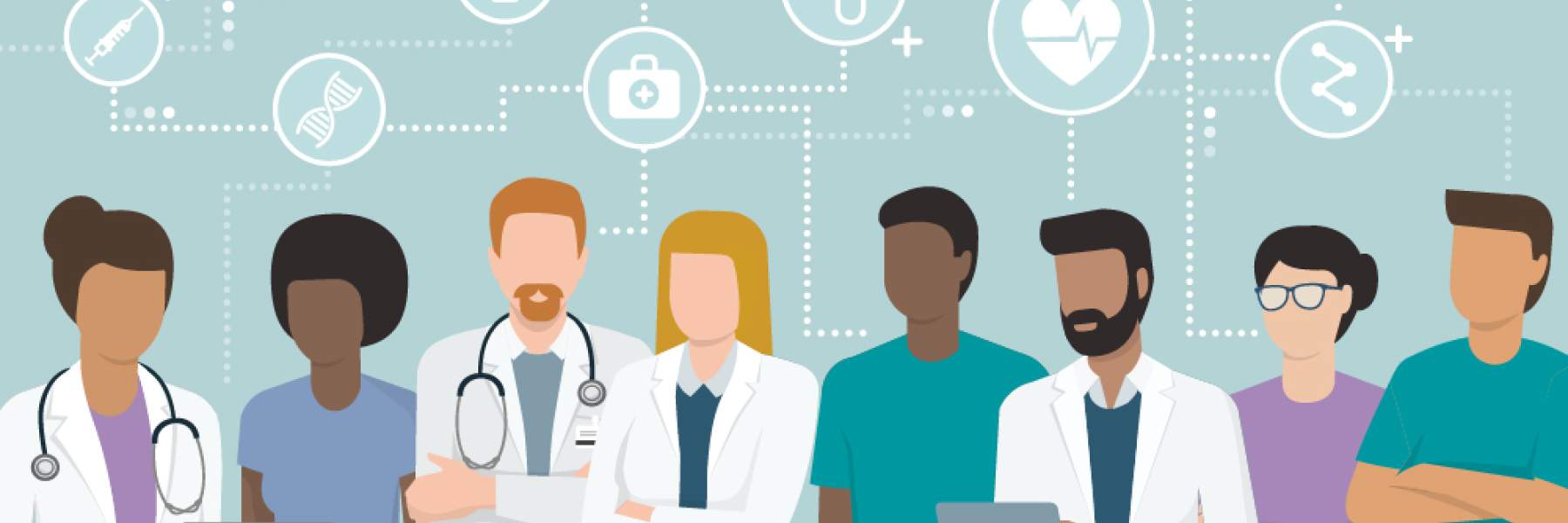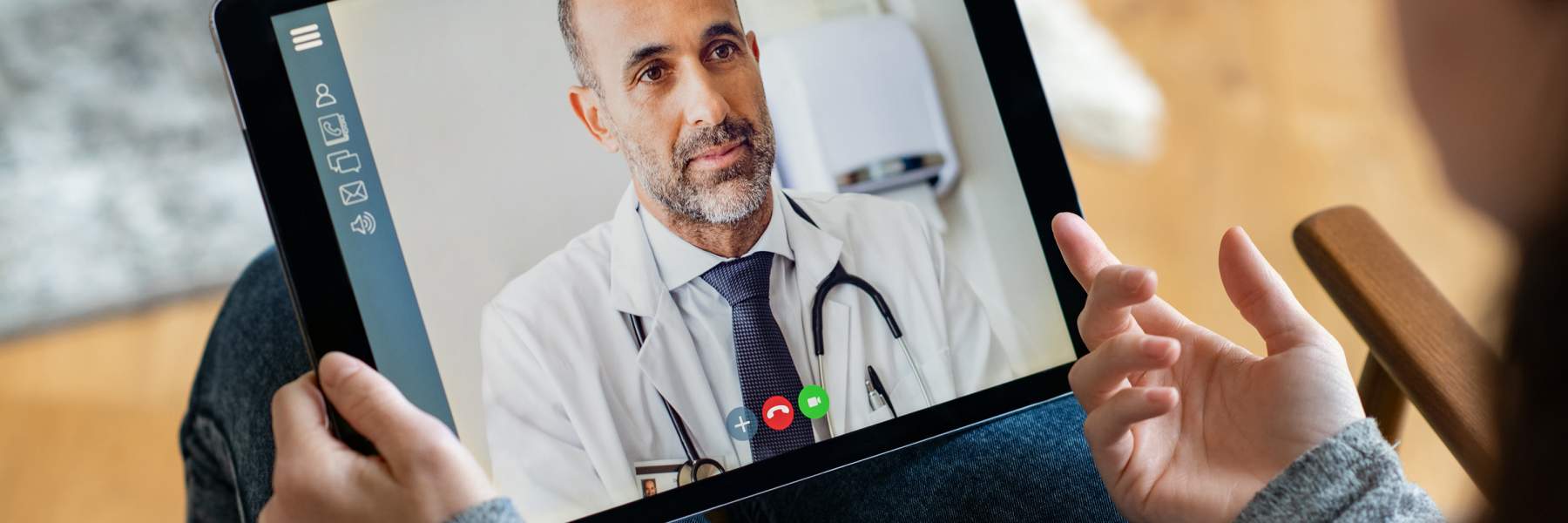Living with endometriosis can be difficult. Depending on your symptoms, you may need to see a range of healthcare professionals who can help you to live well with endometriosis. Some of these healthcare professionals include your GP, specialist gynaecologist, sonographer, radiologist, pelvic physiotherapist, pain specialist, psychologist and/or dietitian.
Some people may need to see a colorectal surgeon and/or urologist. Not everyone will need to see all of the specialists mentioned here. Who you need to see depends upon your symptoms. For example, if you feel endometriosis is affecting your mental health you may want to ask your GP for a referral to a psychologist.

Step 1: Choosing your healthcare team – who is involved?
Choosing a healthcare team can be confusing. A good place to start is your GP. Your GP will assess your symptoms and refer you to a specialist gynaecologist (a gynaecologist who has special training in endometriosis).
You might be referred to a:
- Sonographer who will perform an ultrasound to assist in your diagnosis
- Dietitian if you experience gut-related symptoms
- Psychologist for mental health issues
- Pelvic physiotherapists and pain therapists can assist with pelvic pain management
- Colorectal surgeon can help if endometriosis has affected the bowel
- Urologist can help some people who experience pain while urinating
Your GP or specialist gynaecologist can best assess your symptoms and make a referral. Some people find complementary therapies useful. Services like pelvic physiotherapy and some complementary therapies do not require a referral.
Step 2: Where to find your healthcare team?
Your GP is a valuable resource to help you set up your healthcare team. They will know providers in your local area and can help you set up a plan and referrals. You may also like to ask others in the endometriosis community who they recommend and then discuss these suggestions with your GP. Many professional associations have a ‘find a provider’ search tools or lists of members that can assist you or your doctor to find health care providers.
Here are some links that may help:
- Endometriosis and Pelvic Pain GP Clinics
- Australasian Gynaecological Endoscopy & Surgery Society (AGES)
- Australian and New Zealand Society of Reproductive Endocrinology and Infertility (ANZSREI)
Royal Australian and New Zealand College of Obstetricians and Gynaecologists (RANZCOG)
Other useful links
- Australian Psychological Society
- Australian Physiotherapy Association
- Dietitians Australia
- The Australian Pain Society
- Australasian Menopause Society
- National Health Service Directory

Step 3: Meeting your team – finding the right fit
Finding people you feel comfortable with is key to setting up your health team. A provider that one person likes may not work for another – it’s about finding what works for YOU. Check out this article for tips on choosing your specialist gynaecologist. Taking your EndoZone health report to your appointments is a good idea as it is a useful place to start when meeting a new provider. Being prepared with written questions can also help you decide whether a provider is the right fit for you.
Accessing afterhours care
Endometriosis and pelvic pain don't adhere to regular schedules, often requiring attention beyond standard medical office hours. Understanding where to seek help when experiencing endometriosis symptoms or acute pain outside of typical 9-5 hours, is crucial for effective management and relief. See more information here.
 Skip to main content
Skip to main content